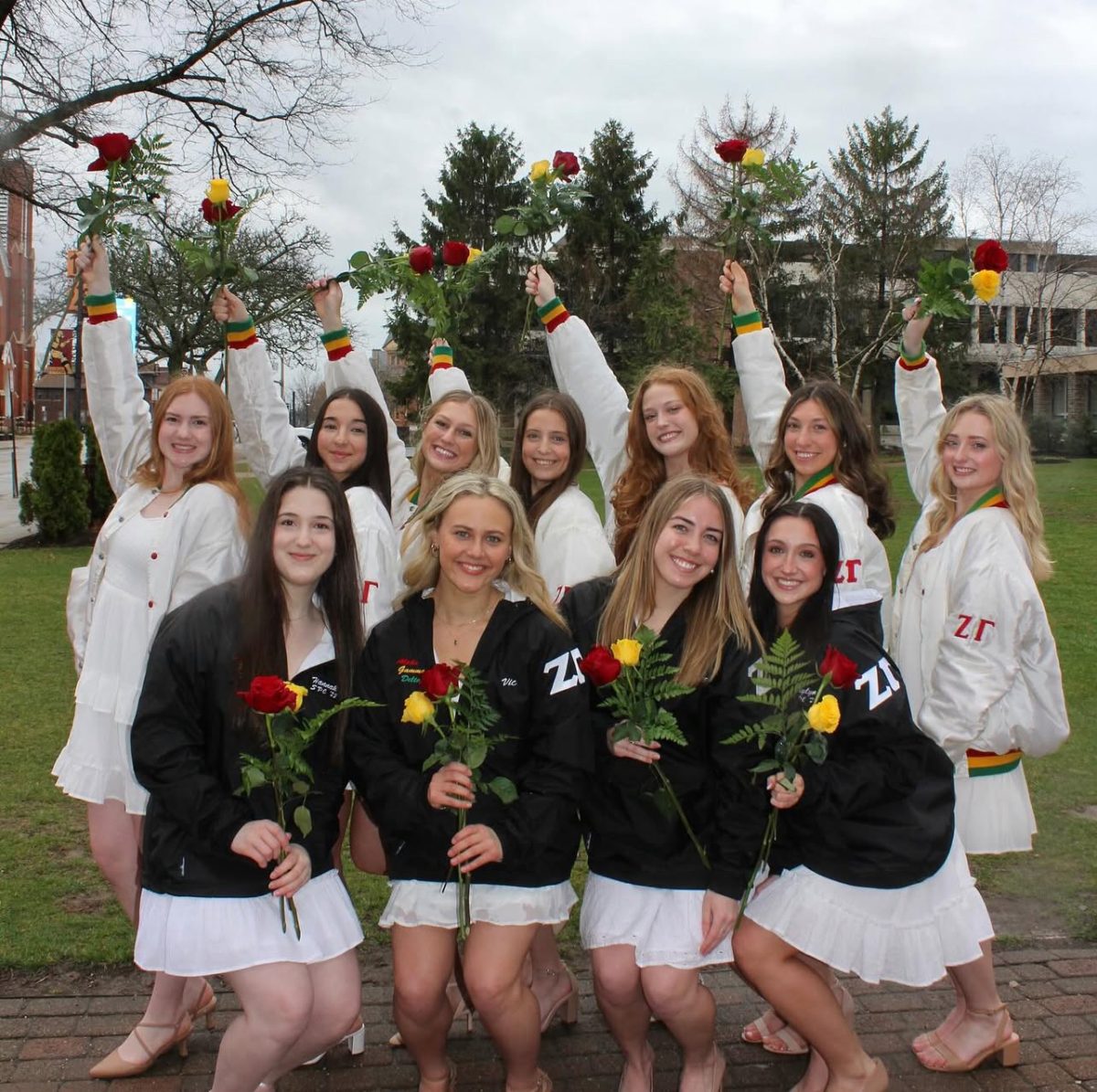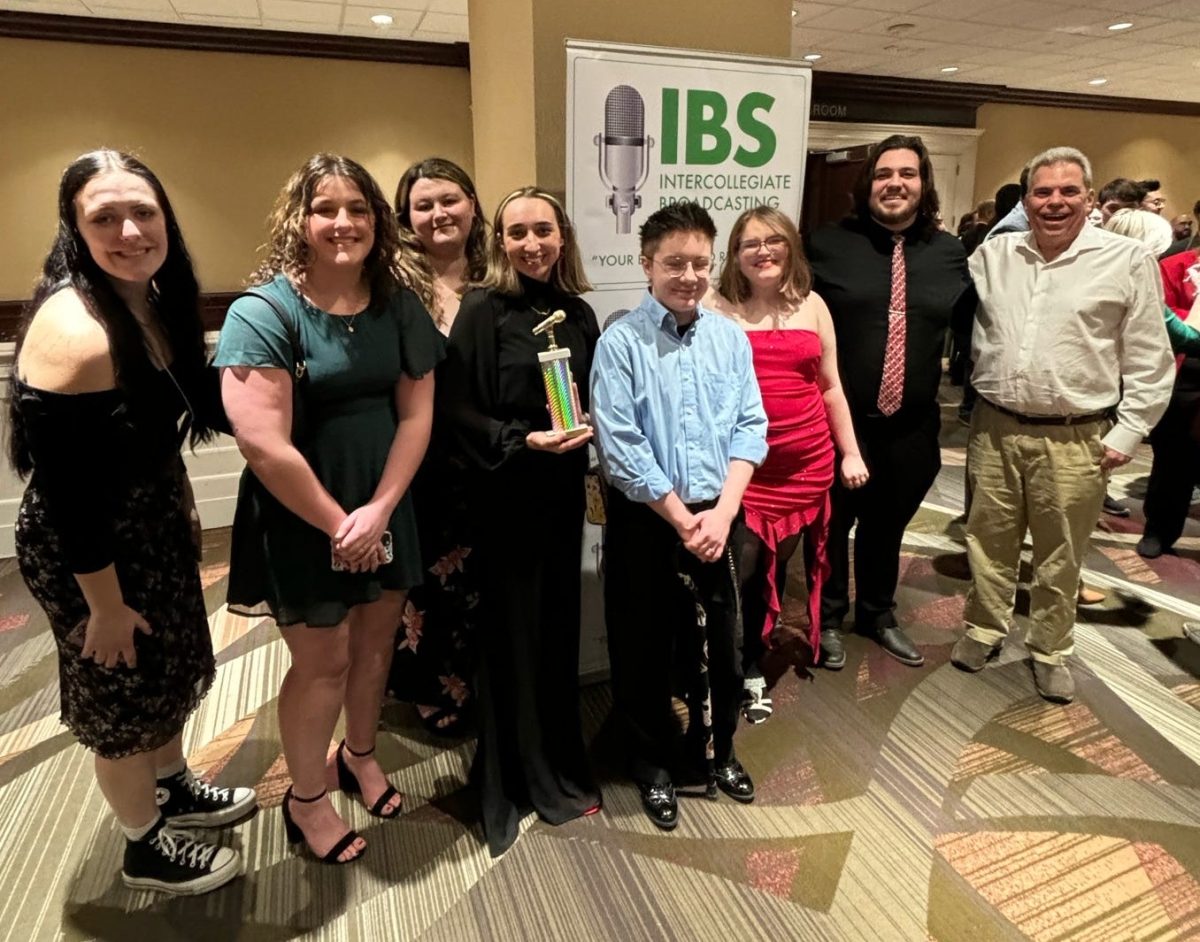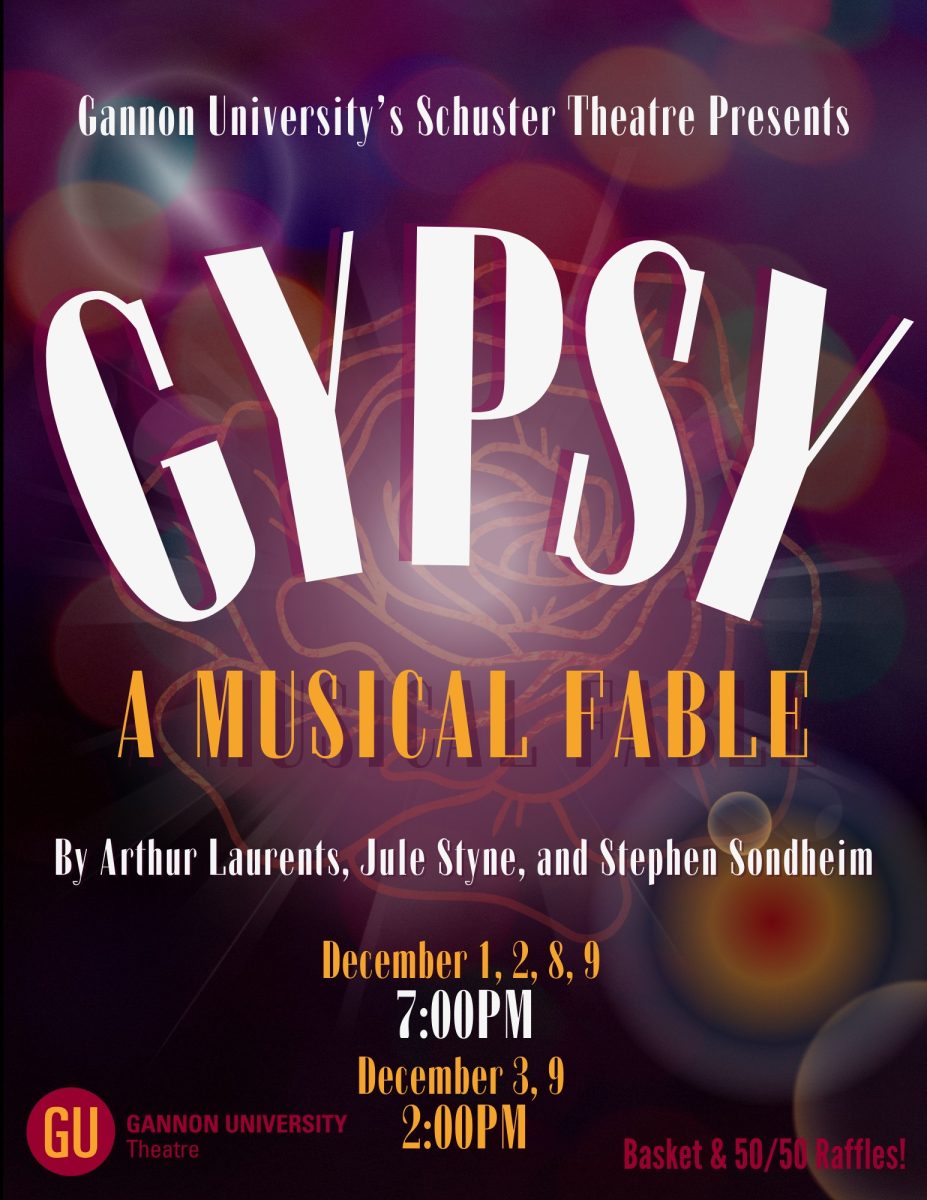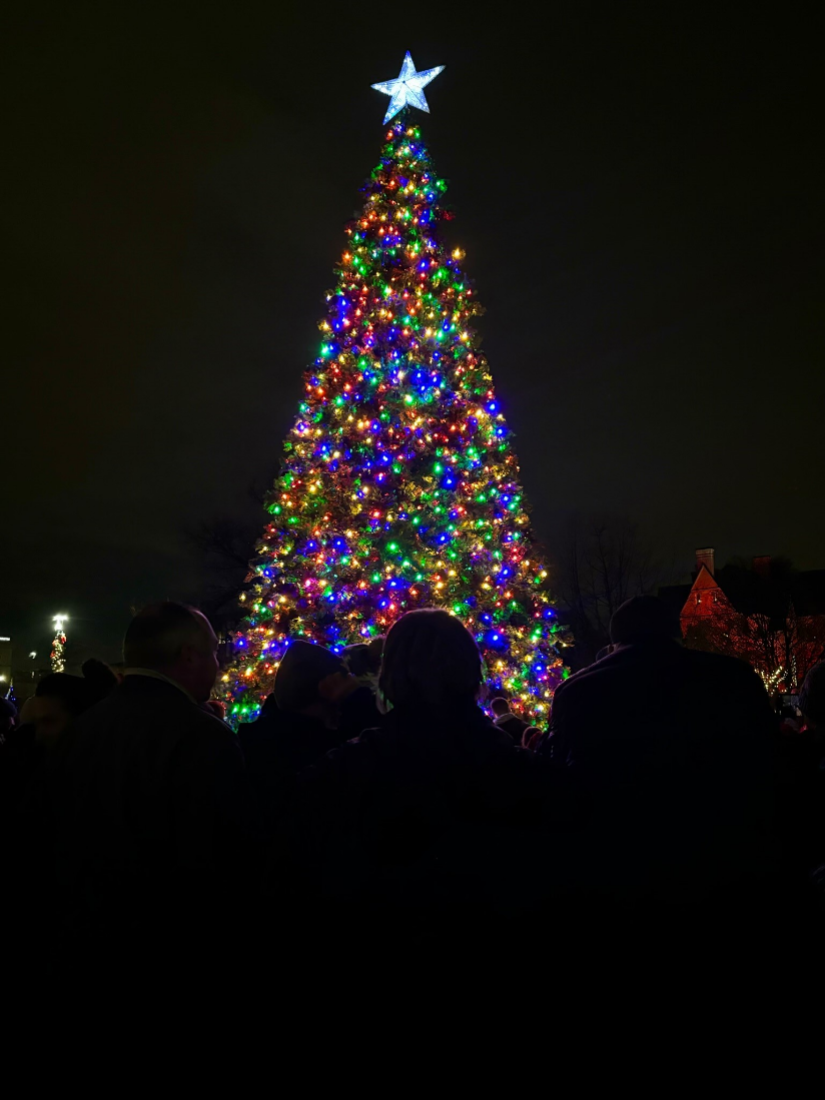In the world of literature, each story or novel offers a unique perspective.
A lecture given Tuesday by Laura Rutland, Ph.D., associate professor and chairperson of the Gannon University English department, sought to highlight that theme.
Rutland presented to students and faculty at the Knight Club in a lecture on five women novelists who have changed their worlds as part of the Women’s Studies Department’s Tea and Conversation Series.
In preparation for her lecture, Rutland noted that it was difficult to choose which women she wanted to spotlight.
She eventually decided to focus on two writers from her specialty field of study, 19th century British literature, in addition to three women from ethnic minority populations.
Rutland noted it was important to understand how novels and women novelists in particular shape the world we live in.
“Books are a subtle thing in the world,” she said.
“I think they change the world by changing us. They present the truth about social issues, and that can make an influence, but they also enable us to thrive as human beings.”
The first woman novelist to make Rutland’s shortlist was Jane Austen.
Rutland noted that in Austen’s day, a woman certainly could have signed her own name on her work; however, she would not have been viewed as respectable in the community for doing so. For these reasons, Austen signed her works with the pen name, “A Lady.”
Next up was Mary Ann Evans, better known by her masculine pseudonym of George Eliot.
In her lecture, Rutland divulged that Eliot practically served as the editor for the prestigious “Westminster Review” at a point during her life, but she was never named as doing so.
One of the universal ideas of Eliot’s work that Rutland touched upon was her want to share sensitive awareness and equal compassion, motifs which are greatly related to the College of Humanities, Education and Social Science’s theme of “Thriving and Surviving in Uncertain Times.”
Following discussion of Evans, Rutland shifted into more modern authors with the introduction of Octavia E. Butler, an author who Rutland was introduced to by fellow English faculty member, Ann Bomberger, Ph.D.
Butler is predominantly a science fiction and fantasy writer; however, many of the themes she conveys in her story have analytical ties to the African-American freedom struggle in the United States.
An African-American woman writer herself, Butler has been cited as an inspirational figure for many young writers, especially those of African-American heritage.
Coming fourth in the lineup was Leslie Marmon Silko, a Native American woman writer.
Many in the crowd were unfamiliar with Silko’s work, and Rutland brought light to the fact that Native Americans as writers are a vastly underrepresented group.
Themes in Silko’s work, according to Rutland, include Silko’s personal experiences of growing up on an Indian reservation as an individual with a diverse ethnic background.
Closing out the night, Rutland concluded with author Alice Walker, who was most recognized by the audience for her work “The Color Purple.”
Rutland noted that Walker has published five novels in total, but she is also an essayist and poet.
The daughter of a sharecropper, Walker encompasses all that it means to learn to survive and thrive when times are tough.
Following the presentation, students had time to ask questions and discuss the presentation among themselves.
Many offered up recommended readings for each other as they chatted over snacks and fair-trade teas.
Senior theatre communication major Zach Hyman said he was very happy to have attended the event.
“This has been really cool because it has given me insight into a plane of thought and stream of ideals that has been carried on through many, many, many generations,” he said.
“The golden thread is sort of the truth of the feminine experience. It is not something I can personally understand… this has peeled back more layers on what it means to be a woman, what it has meant to be a woman and what it will mean in the future.”
Students interested in attending future discussions as part of the Tea and Conversation series can look forward to upcoming talks titled “Five Muslim Women You Should Know” and “Five Women Scientists You Should Know” given by Carolyn Baugh, Ph.D., and Steve Ropski, Ph.D., respectively.
KATE ROBB
[email protected]
Categories:
Women novelists lecture sparks conversation
November 15, 2017
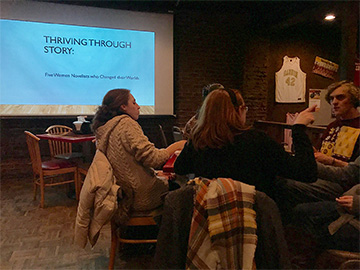
Story continues below advertisement
0
More to Discover




